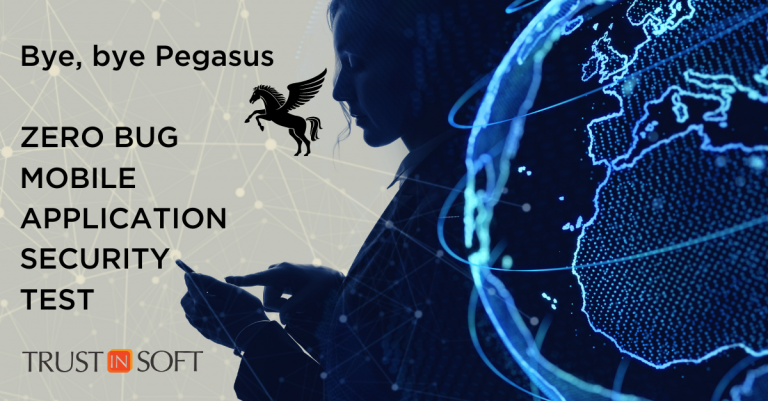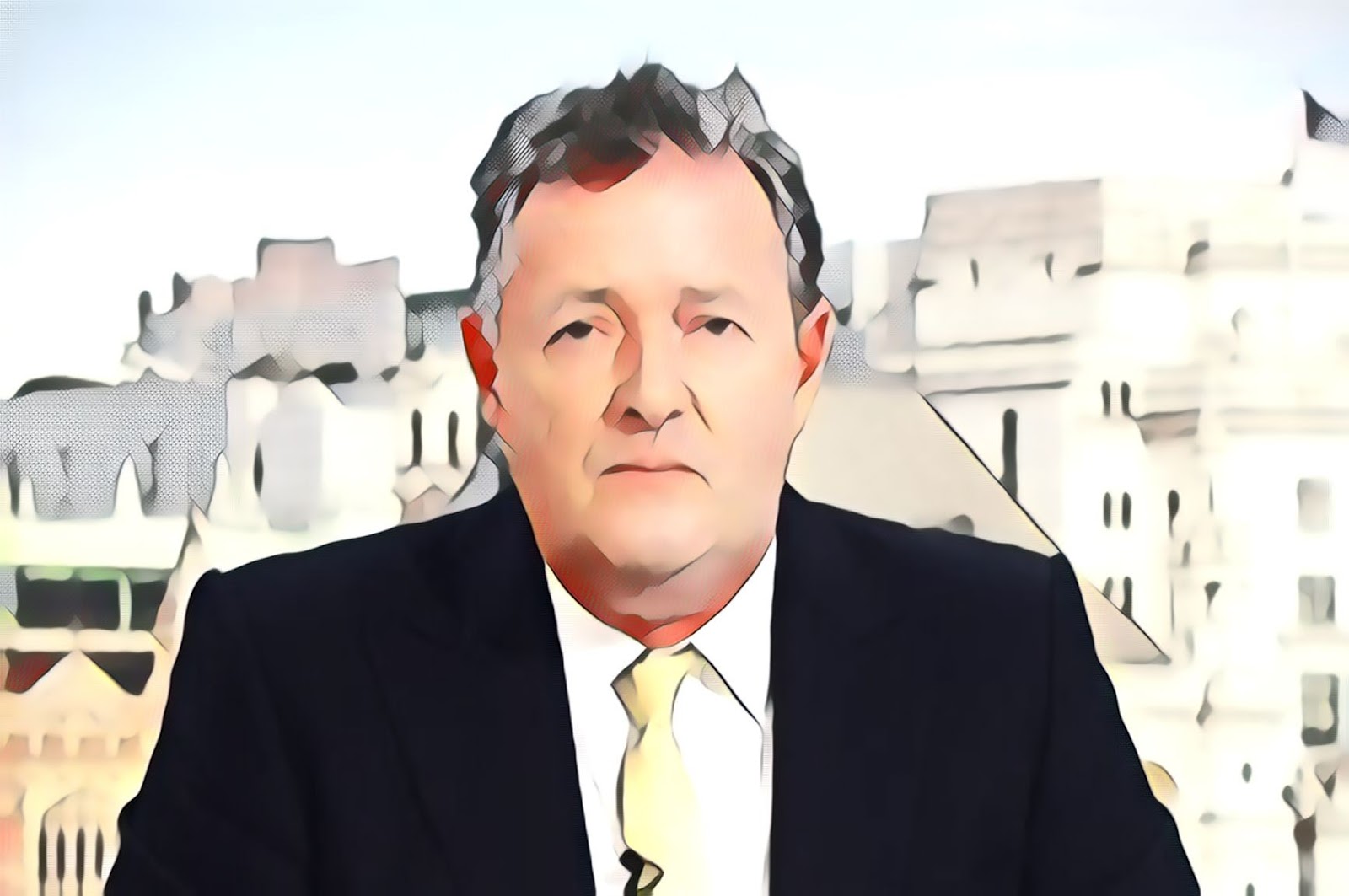Golders Green. Local History.
And is it a good area to raise a family?
What is the cost of accommodation this year?
Golders Green, London: History and Family-Friendliness
1. Historical Overview
Golders Green is an area in the London Borough of Barnet, known for its rich history and cultural diversity. Historically, it was a part of Middlesex and developed significantly with the arrival of the tube station in 1907, which spurred its growth as a suburban residential area. It became notably cosmopolitan in the early 20th century with a significant Jewish community, alongside other immigrant populations, contributing to its diverse cultural fabric.
2. Family-Friendliness
Golders Green is considered a good area to raise a family due to several factors:
- Education: The area boasts a range of reputable schools, contributing to its appeal for families.
- Green Spaces: It offers numerous parks and green spaces, such as the Golders Hill Park and the adjoining Hampstead Heath, providing ample outdoor recreational opportunities for children and adults alike.
- Community and Safety: It has a strong sense of community with relatively low crime rates compared to more central areas of London.
- Amenities: There are excellent local amenities including shops, cafes, restaurants, and cultural facilities like the Golders Green Hippodrome.
3. Cost of Accommodation
As of 2023, the cost of accommodation in Golders Green can be considered relatively high, reflective of its London location and the amenities it offers. Property prices and rental costs tend to be above average for London:
- Buying: Average house prices in Golders Green can range significantly but typically start from around £500,000 for smaller properties like apartments, with larger family homes going well into the millions.
- Renting: Rental prices also vary; a one-bedroom apartment might cost between £1,200 to £1,500 per month, while larger family homes could range from £2,500 to over £4,000 per month depending on the size and exact location.
4. Conclusion
Golders Green offers a vibrant, culturally rich environment with good schools, ample amenities, and excellent green spaces, making it a desirable location for families. However, the cost of living, particularly housing, is on the higher side, which is an important consideration for anyone planning to move there.
What is the difference between Cricklewood and the Golders Green?
Cricklewood and Golders Green: Comparing Two London Neighbourhoods
Both Cricklewood and Golders Green are neighbourhoods within the London Borough of Barnet, yet they have distinct characteristics and appeal.
1. Location and Atmosphere
- Golders Green: Located closer to central London than Cricklewood, Golders Green is known for its vibrant Jewish community and cultural diversity. It has a bustling atmosphere, particularly around the main shopping and dining areas near the tube station. The area feels more cosmopolitan and has a more established, affluent vibe.
- Cricklewood: Situated to the west of Golders Green, Cricklewood has a more mixed urban feel with a significant Irish and Polish community, among others. It is generally considered more residential and less upscale than Golders Green. The area has been undergoing regeneration, improving its appeal but maintaining a more laid-back, less polished character compared to Golders Sreen.
2. Housing and Cost of Living
- Golders Green: Typically, property prices and rents in Golders Green are higher than in Cricklewood. The area offers a range of housing options from large detached houses to modern apartments, attracting middle to upper-class residents.
- Cricklewood: Housing here is often more affordable, offering good value especially for larger properties. The area has a mix of Victorian and Edwardian houses along with newer developments. This makes it attractive to a broader demographic, including young professionals and families looking for more space at a lower cost.
3. Amenities and Transport
- Golders Green: Well-known for its excellent amenities including a wide variety of shops, restaurants, and cafes that reflect its diverse community. It also boasts good schools and recreational facilities like Golders Hill Park. Transport links are strong with the Golders Green tube station providing access to the Northern Line.
- Cricklewood: While it has essential local amenities and some nice local parks, it is generally less well-served compared to Golders Green. However, it has good transport links, with Cricklewood railway station offering services to central London and other destinations, and several bus routes connecting to nearby areas.
4. Community and Lifestyle
- Golders Green: The area's significant Jewish population influences local culture, cuisine, and festivals, contributing to a unique community vibe. It’s a place with a strong community feel, supported by various community centers and synagogues.
- Cricklewood: Has a more diverse, working-class atmosphere with a strong sense of community spirit. It's seen as a more down-to-earth area where various cultural communities interact more seamlessly.
5. Conclusion
Choosing between Cricklewood and Golders Green largely depends on one's budget, desired lifestyle, and community atmosphere. Golders Green offers a more upscale, diverse environment with excellent amenities and transport links, suitable for those looking for a vibrant, culturally rich area. Cricklewood, on the other hand, may appeal more to those seeking a quieter, more affordable place to live, with decent access to central London but a less polished day-to-day environment. Both neighbourhoods provide unique benefits, making them attractive to different types of residents.
Is there a neighbourhood in London, or neighbourhoods, that is known for its French population?
South Kensington
Yes, the neighbourhood of South Kensington in London is particularly well-known for its substantial French population. This area, often referred to as the "French Quarter," has a vibrant French community, largely due to the presence of several French institutions. Here are some features that contribute to its French character:
1. French Institutions: South Kensington is home to the French Consulate, the French Institute which includes a cinema, library, and French language school, and the Lycée Français Charles de Gaulle, a prominent French international school that attracts many French families living in London.
2. Shops and Cafés: The area boasts a variety of French shops, bakeries, and cafés that cater to the French community. Places like La Cave à Fromage and Maison Puget offer authentic French goods and cuisine.
3. Cultural Activities: The French Institute frequently hosts cultural events, including French film screenings, art exhibitions, and lectures, all of which strengthen the French cultural presence in the area.
4. Community: The concentration of French amenities and institutions has fostered a tight-knit community, making it a preferred destination for French expatriates in London.
This French influence not only defines the character of South Kensington but also makes it a cultural hub for French nationals and Francophiles in London.
Is that the only French neighbourhood in London?
While South Kensington is the most notable area with a concentrated French presence in London, there are other areas where French expatriates tend to reside, though these communities might be less visibly distinct compared to the "French Quarter."
1. Marylebone: This upscale neighbourhood in central London has a number of French boutiques, bakeries, and bistros, reflecting a significant French presence. It is also popular due to its central location and proximity to various cultural and shopping destinations.
2. Chelsea: Another affluent area that attracts French residents, Chelsea offers a cosmopolitan lifestyle with its high-end shops, galleries, and restaurants. It’s a popular choice for families, including many French expats, due to its reputable schools and beautiful residential streets.
3. Fulham: Close to Chelsea, Fulham is another area popular among French families, particularly those with children attending the Lycée Français Charles de Gaulle. It is known for its village-like feel, parks, and family-friendly amenities.
4. Kentish Town and Camden: These areas have become increasingly popular with younger French professionals and families, drawn by relatively more affordable housing compared to central London and vibrant local cultures.
These areas do not have the same level of institutional French presence as South Kensington but still attract a sizeable number of French expatriates due to their amenities, lifestyle offerings, and sometimes, proximity to French schools or cultural institutions. Each neighbourhood offers a unique blend of London charm and French cultural influences, making them attractive to French residents.
Average cost of three bedroom rental – house and apartment
Data is for 2023.
|
Neighbourhood |
Average Cost of 3-Bedroom House (per month) |
Average Cost of 3-Bedroom Apartment (per month) |
|
South Kensington |
£5,500 - £8,000 |
£4,500 - £7,000 |
|
Marylebone |
£4,000 - £6,500 |
£3,500 - £5,500 |
|
Chelsea |
£5,000 - £7,500 |
£4,000 - £6,000 |
|
Fulham |
£3,000 - £4,500 |
£2,500 - £4,000 |
|
Kentish Town |
£2,500 - £3,500 |
£2,000 - £3,000 |
|
Camden |
£3,000 - £4,500 |
£2,500 - £4,000 |
|
Golders Green |
£2,500 - £4,000 |
£1,800 - £3,500 |
|
Cricklewood |
£2,000 - £3,000 |
£1,500 - £2,500 |








































